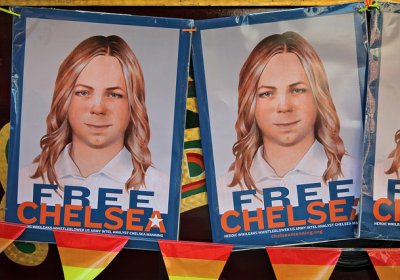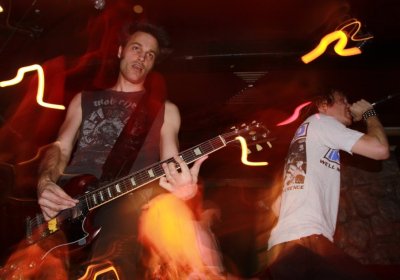The arrest of Julian Assange is an explicit warning towards journalists. What happened to the founder and editor of WikiLeaks can happen to you on a newspaper, you in a TV studio, you on radio, you running a podcast, writes John Pilger.
Wikileaks
The persecution of Julian Assange must end. Or it will end in tragedy.
The Australian government and prime minister Malcolm Turnbull have an historic opportunity to decide which it will be.
They can remain silent, for which history will be unforgiving. Or they can act in the interests of justice and humanity and bring this remarkable Australian citizen home.
Hardly a day goes by without much of the mainstream media concentrating on Russian meddling in the 2016 presidential elections. This includes any news about the various investigations into the question, much blowhard opinionating by talking heads, charges that Russia sought to collude with Donald Trump’s campaign, and more.
It is probably true that Russia would seek to influence US politics to the extent it thought it could. But to keep a sense of proportion, we should recall that the world’s foremost “meddler” in other people’s politics and elections is Washington itself.
A day before whistleblower Chelsea Manning's release from military prison on May 17 after seven years behind bars, WikiLeaks announced it had set up a "Welcome Home Manning" fund and asked people to donate Bitcoin’s in support of the soldier imprisoned for leaking hundreds of thousands of classified military documents.
Manning walked free from Fort Leavenworth, Kansas, after former US President Barack Obama granted her clemency in January, saying she had taken responsibility for her crime and her sentence was disproportionate to those received by other whistleblowers.
US meddling in Ecuador's politics is likely to continue, especially if left-wing candidate Lenin Moreno wins the presidential election, set to enter a second round on April 2, Norwegian journalist Eirik Vold, told TeleSUR.
Chelsea Manning, the US army intelligence analyst convicted of leaking military and diplomatic intelligence, will be freed in May after President Barack Obama announced that he has commuted the remaining prison sentence.
Manning tried to commit suicide last year and, as the only transgender woman incarcerated at the all-male Fort Leavenworth military prison in Kansas, Obama's decision could save her from an uncertain future.
This interview by John Pilger with Jullian Assange was filmed in the Embassy of Ecuador in London – where Assange is a political refugee – and broadcast on November 5. ***
John Pilger:
What’s the significance of the FBI's intervention in these last days of the U.S. election campaign, in the case against Hillary Clinton?
Julian Assange:
When Google CEO Eric Schmidt turned up to meet WikiLeaks founder Julian Assange, he brought several people with him who were connected to the US government. "The delegation was one part Google, three parts US foreign-policy establishment," Assange writes in his latest book, When Google Met WikiLeaks. "But I was still none the wiser."
Swedish hardcore punks AC4 blast nuclear policy on their new album, Burn the World. Green Left's Mat Ward spoke to frontman Dennis Lyxzén and main songwriter Karl Backman.
- Previous page
- Page 9
- Next page










